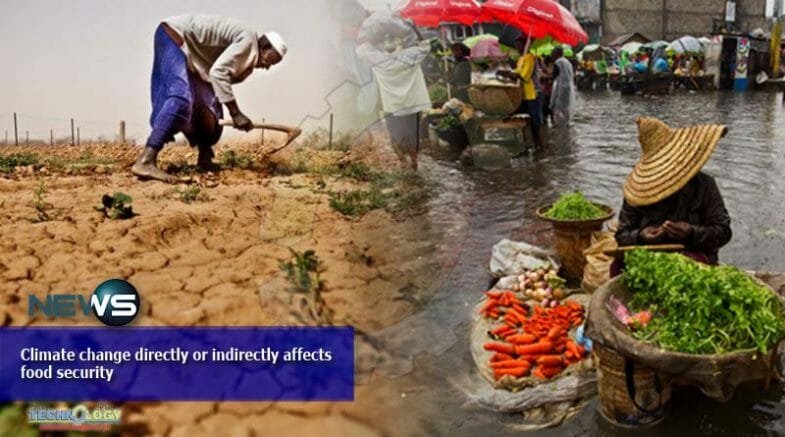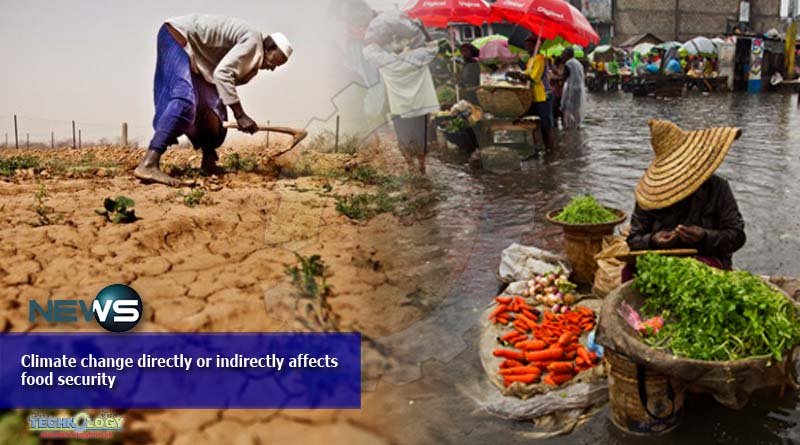Climate Change is directly or indirectly effects food chain supply, milk chain supply, fodder production and air quality in Pakistan while there is a need of hour to highlight the issues in effective ways.
 This was acknowledged by the speakers at one day workshop, “Climate Change Resilience, Regenerative Livestock Farming and Climate Smart Agriculture” at University of Veterinary & Animal Sciences (UVAS) Lahore.
This was acknowledged by the speakers at one day workshop, “Climate Change Resilience, Regenerative Livestock Farming and Climate Smart Agriculture” at University of Veterinary & Animal Sciences (UVAS) Lahore.
Speakers said that Pakistan is one of the most exposed countries on count of climate change where growing needs of food are feared to have unfavorable effects of climate change.
They said that “changes in temperatures and uncertain hydrological patterns are expected to affect food security and access to water in this highly diverse and ecologically fragile province. Farmers are confronted with these changes and need to be supported in finding and developing adequate responses to these new challenges for ensuring their food security and resilience to weather extremes.”
The agriculture and livestock sectors accounted for about 39 percent of Pakistan’s total GHG emissions. These emissions create mainly from four enteric fermentation in cattle, rice cultivation, release of nitrous oxide from agricultural soils or nitrous fertilizer and manure management.
Livestock expert and climate change activist Dr.Samia Farooq briefed about how climate change was causing disruptions on global level and greenhouse gasses especially methane emissions that were contributing to global warming. She highlighted the obstacle of climate change in achieving global Sustainable Development Goals.
Project Leader Haram Fatima presented the overview of project “Changing Earth through Changing Minds” and importance of climate change action.
Environmentalist Dr. Sana Ilyas showcased the significance of carbon auditing in the adaptation, mitigation and development of sustainable lifestyle. Expertise to address climate change is not enough in the country. Pakistan is hardly prepared to meet the 21st century’s biggest challenge of climate change as far as human resources and institutional capacities are concerned. Lacking of trained human resource is a big constraint, in part, due to a brain drain, limited investment in climate change education, and lack of demand and opportunity for skilled individuals in Pakistan.
